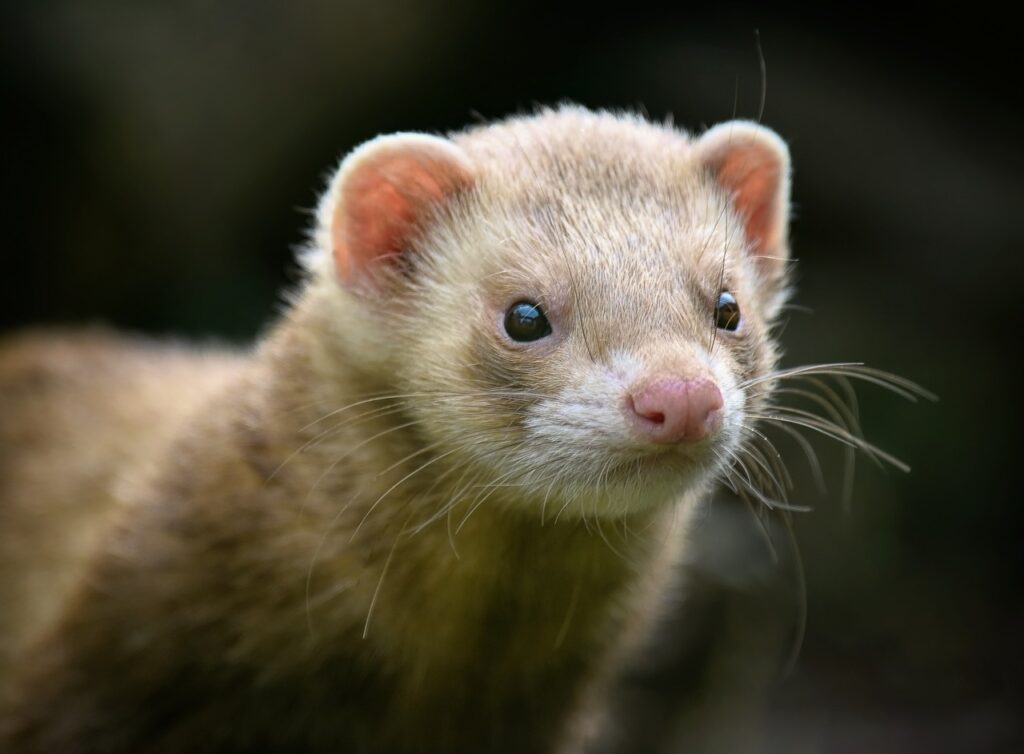Can Ferrets Eat Cucumbers: Unveiling the Truth Behind This Crunchy Delight
Are you a proud owner of a ferret and wondering if cucumbers can be a healthy addition to their diet? Well, as much as we humans enjoy this refreshing and crunchy vegetable, it’s essential to understand that cucumbers might not be the best choice for our adorable fuzzy friends. Let’s dive into the reasons and explore why cucumbers are not recommended for your ferret’s menu.
Unraveling the Potential Hazards of Cucumbers for Ferrets
While cucumbers might seem harmless and innocent, they can actually pose some health concerns for ferrets. One significant issue to consider is the high water content in cucumbers. Due to their delicate digestive systems, ferrets are prone to dehydration. Feeding them cucumbers, with their excessive water content, can lead to watery stools and potential hydration imbalances.
Another factor to be aware of is the presence of cucurbitacin in cucumbers. Cucurbitacin is a compound that can cause digestive distress, including stomach upset and diarrhea, in ferrets. This can lead to discomfort and potential health issues, which we certainly want to avoid for our beloved pets.
Unveiling Potential Ferret Symptomatology after Consuming Cucumbers
If your ferret happens to nibble on some cucumbers, you might observe specific symptoms or reactions. These can include gastrointestinal complications like diarrhea, vomiting, or a lack of appetite. Additionally, your ferret might become lethargic or display signs of discomfort. It’s crucial to monitor their behavior closely and seek veterinary attention if these symptoms persist or worsen.
So, What Are Some Safer Alternatives for Your Ferret?
While cucumbers may not be the best choice for your furry friend, there are plenty of other delicious and healthy options available. Ferrets can enjoy small portions of cooked chicken, turkey, or lean meats. They can also indulge in small amounts of eggs and fish, such as salmon or trout. Just ensure that these foods are properly prepared and free from any seasoning or additives that may harm your pet.
Furthermore, ferrets have a sweet tooth and can relish small amounts of fruits like bananas, blueberries, or apples. Remember, moderation is key when introducing these treats to your ferret’s diet.
Preventing Accidental Access: Tips and Measures
To keep your curious ferret safe from cucumbers and other potential hazards, it’s crucial to take preventive measures. Store cucumbers and other unsafe foods securely in containers or locked refrigerators, far from your ferret’s reach.
Additionally, observe your ferret during meal preparation or while eating and ensure a secure feeding area. Be cautious when discarding food scraps as ferrets are known to be surreptitious explorers and might try to snatch unsafe foods from the trash. By being mindful and vigilant, you can minimize the risks of accidental access to cucumber or any other hazardous food.
Conclusion
In conclusion, while cucumbers might be a delightful snack for us, they are not recommended for our ferret companions. The potential risks of dehydration, digestive distress, and other associated symptoms outweigh any nutritional value cucumbers may offer.
Remember, the well-being and health of our ferrets rely on responsible pet care. Opt for safer alternatives like cooked meats or fruits in moderation, and always keep hazardous foods securely stored out of your ferret’s reach. By providing a balanced and appropriate diet, you can ensure a happy and healthy life for your adorable ferret.






